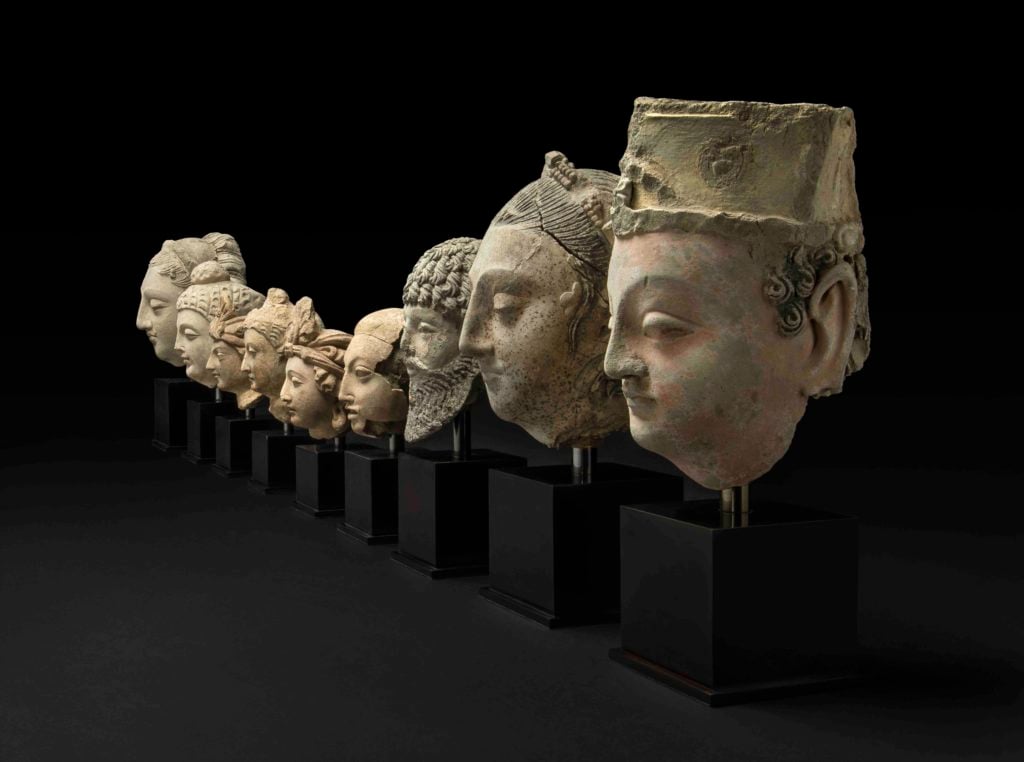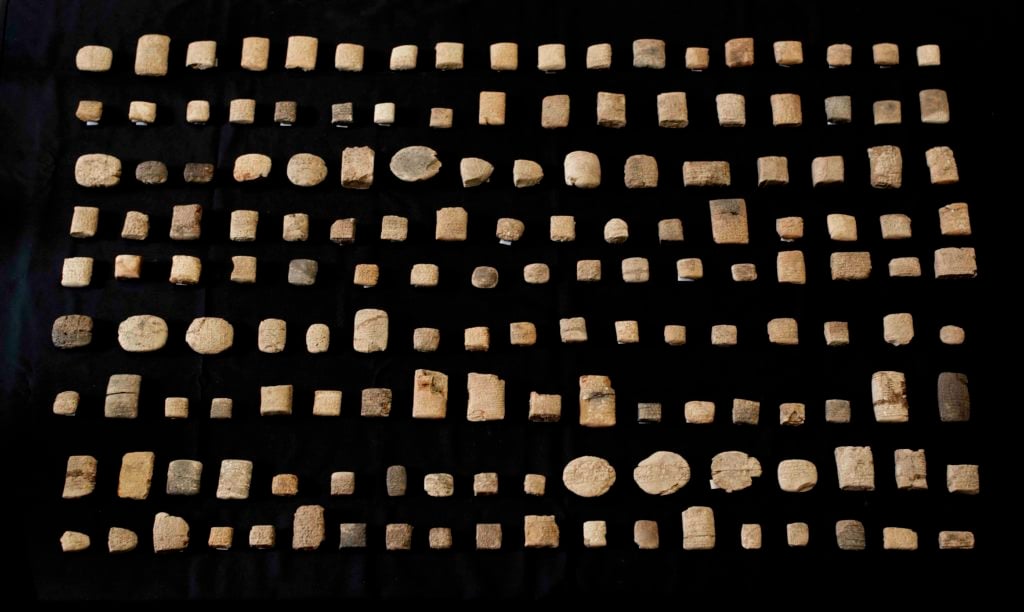Law & Politics
The British Museum Is Helping to Return Hundreds of Looted Ancient Artifacts to Museums in Iraq and Afghanistan
The objects were stolen during recent conflicts in the two nations.

The objects were stolen during recent conflicts in the two nations.

Naomi Rea

The British Museum is overseeing the return of more than 150 looted ancient artifacts recovered by UK law enforcement to institutions in Iraq and Afghanistan. The objects, which were smuggled out of heritage sites during recent wars, were passed along to the museum to be identified by experts after they were seized by authorities.
The London museum announced the details of the repatriation efforts during its annual review on Monday.
“The British Museum has worked extensively… to identify and return items looted from Iraq and Afghanistan during recent conflicts and these are just wonderful examples,” the British Museum’s director, Hartwig Fischer, told the press. “Sadly, this work is more essential now than ever.”
“Objects that are seized are brought to the British Museum for analysis, conservation, and cataloguing,” a spokeswoman for the museum tells artnet News. “The museum then liaises with colleagues in the national museums of the countries concerned to arrange the return of these objects.”

Cuneiform tablets, © Trustees of the British Museum.
Ten sculptures from the ancient state of Gandhara, in present-day Afghanistan and Pakistan, that were illegally exported to the UK in 2002 are due to be returned to the National Museum of Afghanistan in Kabul.
The 1,500-year-old bodhisattva torso and nine painted clay heads were intercepted en route from Pakistan by authorities at Heathrow airport in London after two shoddily made wooden crates attracted suspicion. Senior curators at the museum believe the Buddhist sculptures may have fallen victim to the Taliban around 2001, the same year that the Bamiyan Buddhas were destroyed.
Elsewhere, 154 Mesopotamian cuneiform texts on clay, which were seized upon their entry to Britain in 2011, will be returned to the National Museum of Iraq in Baghdad. The texts, which date from the mid-third millennium BC to the Achaemenid period, are mainly financial documents from the administrative archives of the lost city of Irisagrig. The objects were likely looted in the aftermath of the American-led invasion of Iraq in 2003.
Both museums have granted permission to the British Museum to exhibit some of the objects before they are returned home.
The British Museum is also working to help repatriate other works to other nations. A collaborative scheme with experts in Egypt and Sudan, for example, is underway, and 700 illicit artifacts that belong to those nations have been identified in the past year alone.